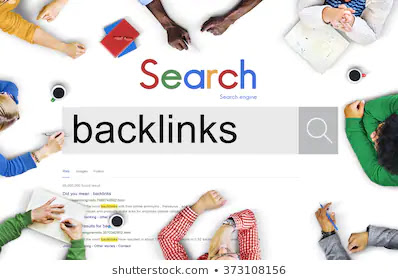4 Link Building Techniques that Should Be Avoided at All Costs
Link Building Techniques that Should Be Avoided at All Costs
Backlinks have long been one of the top signals search engines used to determine the ranking of your website. Though search engine algorithms continue to evolve, backlinks will continue to matter as long as there are organic search results. While the best strategy for building backlinks may change over time, what search engines penalize is fairly consistent. Here are four link building techniques to be avoided at all costs. |
| Photo By Shutterstock |
Blog Commenting
Comment spamming is dead, and you won’t get any benefit from spamming your favourite blog’s comment section with links. You can utilize blog commenting in a natural, reasonable way to generate awareness, assuming it is only done once in a while and is relevant to the article.Forum Profile Links
Forum profile links is another form of backlinking that can be legitimate but often ends up classified as spam. When you answer a question on an online forum, a signature line with a backlink to your website is reasonable.Link Networks
One established tactic has been setting up link networks, then cross-linking these sites to each other. It was often done by buying expired domains, then setting up sites oriented around raising the rankings of the other, linked sites.Don’t 301 websites, either, and use them to funnel people to your website. Search engines penalize this, and they’ll likely recognize it from the unexpectedly high bounce rate.
Press Releases
Press releases were once a popular link building strategy, though there isn’t much data aside from studies by the organizations themselves about their effectiveness. Press releases were downgraded by search engines in 2014. As a matter of fact, Google specifically stated many times that press release links should be no-followed since they were considered as advertising and not genuine information sources.The occasional press release with unique text doesn’t hurt you, and it can build brand awareness. It is automated press releases that keep sending out the same message across the internet or repetitive press releases that don’t really add value that will truly hurt you. In short, reserve press releases for the real news stories, and when it is a news story, consider going to a journalist instead of publishing a press release.
Conclusion
Take the time to learn what search engines penalize and reward so that your link building only benefits your site. You can create simple, scalable systems for link building when you know what to avoid and what works over the long-term.

